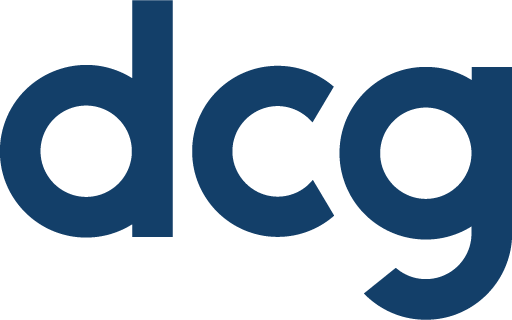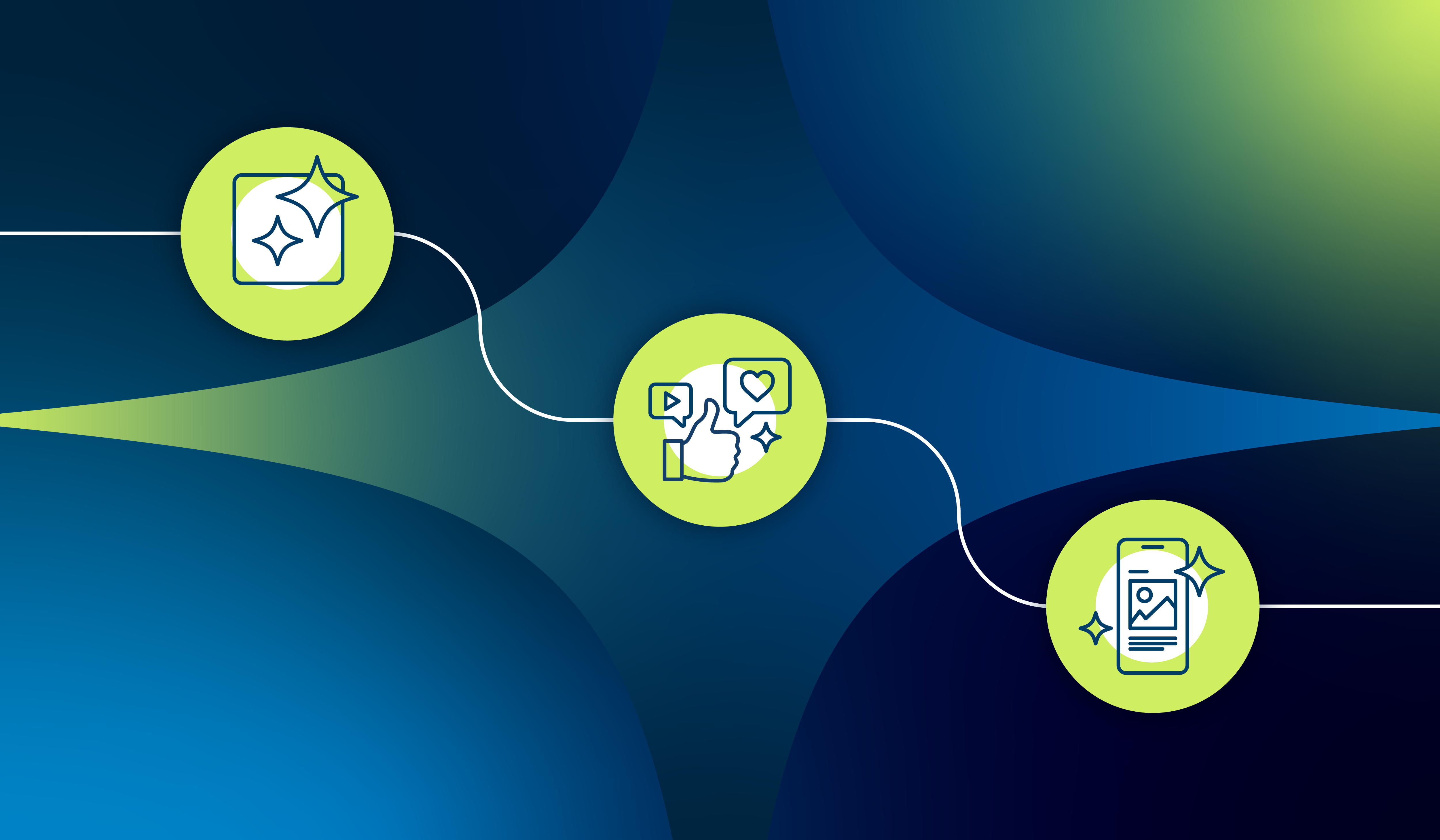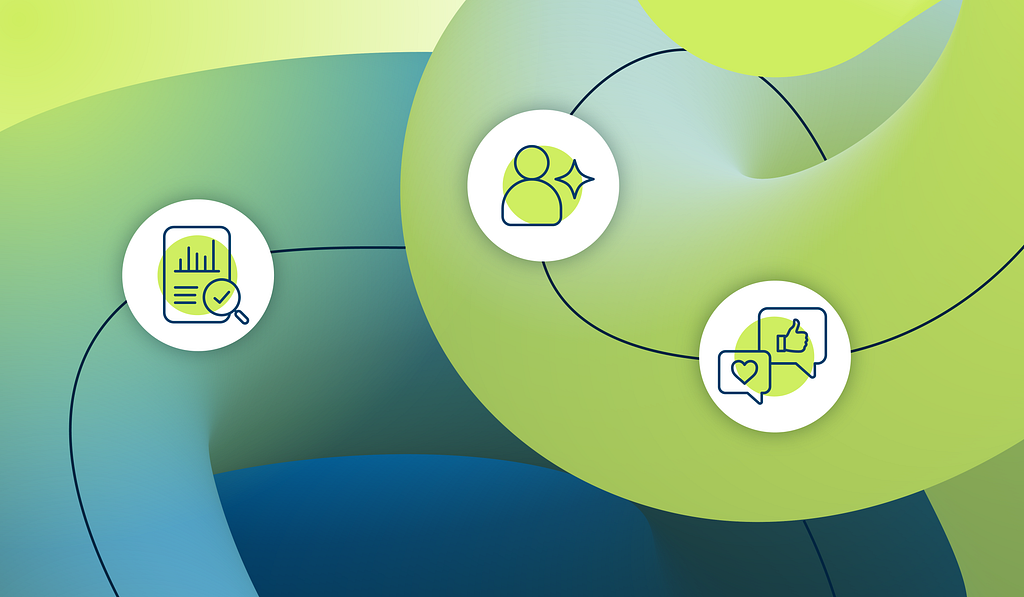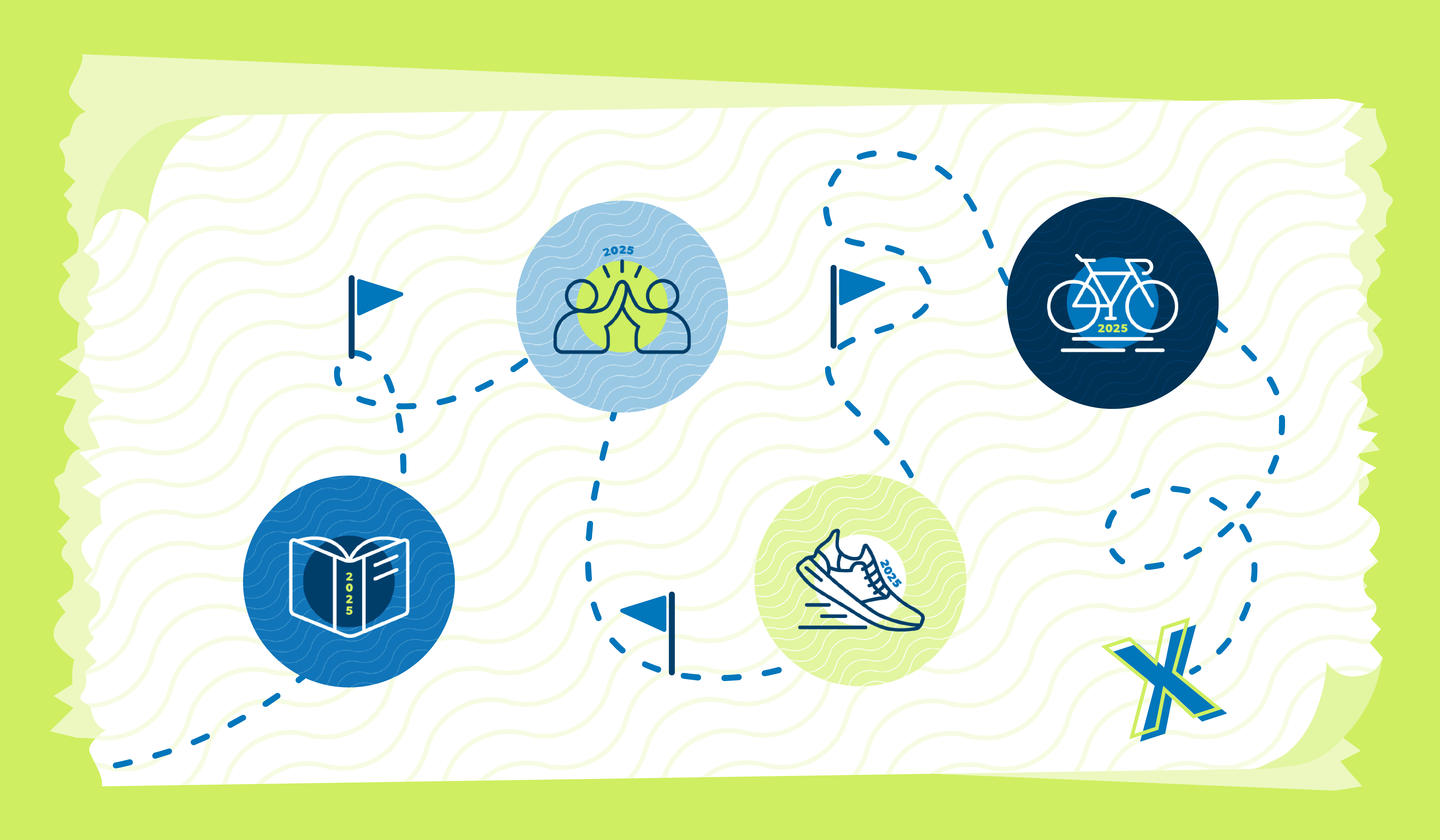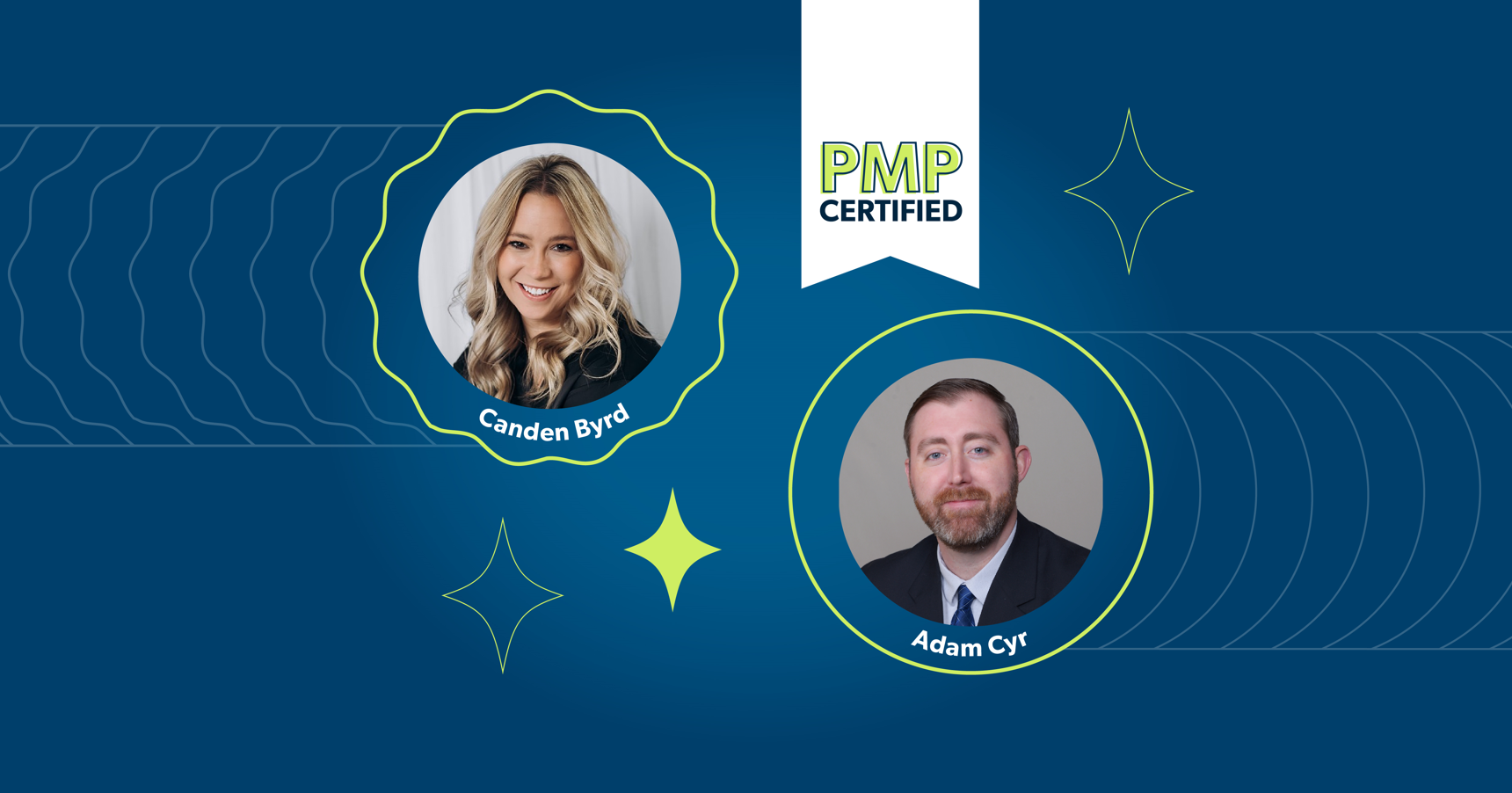
Dedication to Certification: DCGers Adam and Canden Earn Their PMPs
DCGers Adam Cyr and Canden Byrd, both managers, recently earned their Project Management Professional (PMP)® certification.
A PMP from the Project Management Institute (PMI) is the most widely recognized PMP certification for project management professionals. Earning a PMP is a high achievement that verifies the person’s skills managing people, processes, and business priorities.
Q. What made you decide to earn your PMP?
Adam: I have managed projects since 2018, so it’s always been at the top of my mind, but as my responsibilities increased, I felt like it was a good time to start studying so that I could more effectively manage my projects. My director agreed and really pushed and gave me the confidence boost I needed to take the test.
Canden: As a project manager, I feel the PMP is the most prestigious certification out there. It’s highly regarded across the industry and knowing that project management was my forever career choice, I wanted to ensure that I had the most current and relevant skills to manage my projects efficiently, regardless of the industry. Obtaining this certification solidifies my expertise and commitment to the field. Because I already had the experience and training needed, and with the full support from DCG as Adam alluded, deciding to pursue the PMP certification was an easy choice.
Q. What are some of the requirements you must meet to begin the process?
Adam: You need to have some project management experience, validated by PMI, before you can even begin to take the test. This requirement is a tough hurdle to overcome, and it showcases that project managers who complete their PMP are resilient and have experience managing projects.
Canden: In addition to project management experience, you also need to complete 35 hours of project management education. This demonstrates both practical experience and a formal understanding of project management principles.
Q. Can you walk through how you tracked your requirements?
Canden: I already had the required project management experience and training from my previous job. However, I decided to purchase a book, PMP Exam Prep Simplified, that thoroughly covered the PMP principles. This book also included a 35-hour project management e-learning course, which I found very helpful. While I didn’t complete all the modules, the ones I did watch seemed beneficial. I highly recommend this book for anyone looking to get into the PMP mindset.
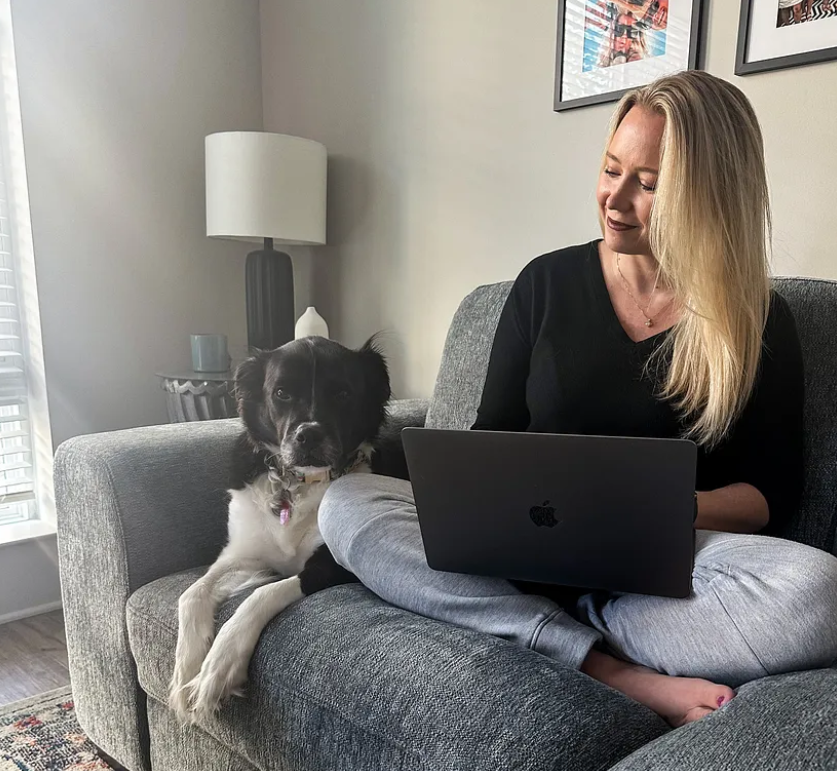
Q. What challenges did you face going through the process?
Adam: During the process, I moved twice, once across the country, and my portfolio expanded from one contract to three. My studying was put on the back burner a few times. I had to force myself to come back to it and stay focused on passing the test, which again speaks to the resiliency that the PMP instills.
Canden: While my life was exponentially less eventful than Adam’s (goodness, Adam, how did you survive?), I also faced my own challenges. I was promoted to program manager for an existing account, which increased my responsibilities quite a bit. And, truthfully, with my last formal course being over eight years ago (I’m going to really strive to not give away my age), just getting back into the “studying groove” when I’m so used to diving into my other hobbies after work was a challenge. It required a lot of discipline and time management skills, but the outcome was well worth the long days.
Q: How long does it take to complete the certification?
Canden: I think this is different for everyone, and it’s not uncommon for people to need multiple attempts to pass. Don’t be discouraged: it’s definitely achievable with the right mindset and guidance from people like Adam and myself. 😉 Personally, since I already had the required training and experience, I applied in mid-February, and I successfully passed the exam in late June.
Adam: Because of all the moves, I took about a year. But I would say January to my test date on May 10th was when I really got serious.
Q: What is your best PMP study tip?
Canden: Two big study tips from me:
First, take a LOT of practice questions. Think you’ve taken enough? Take more. Scenario questions will prepare you the best for the exam. After taking the test, I found that watching YouTube videos of scenario questions (shoutout David McLachlan — you’re the man) and purchasing the PMI Study Hall (and taking every single practice exam) were incredibly helpful. It’s important to learn and take practice exams from different instructors and sites to really know if you’ve mastered the mentality.Second, remember that the exam is a mindset. This is crucial. The book I mentioned earlier includes an entire section on mindset, which was very helpful in preparing me for the types of questions I needed to ask myself during the test. Ask yourself: Which answer aligns with the mindset I’m supposed to have? If you’re stuck between two answers, consider which one can be done after the other.Bonus tip: Incorporate those around you (including your pets — that’s important) to quiz you! The moral support helped reinforce my learning through discussion and teaching. Plus, having my pup nearby was a great stress reliever when studying got intense (because it does).
Adam: Ditto on David McLachlan; also, his accent and personality just brighten your day. Highly recommend. PMI Study Hall was probably the most useful tool for me. I did enough games each day to trick my brain into having fun and then would do practice questions nonstop.
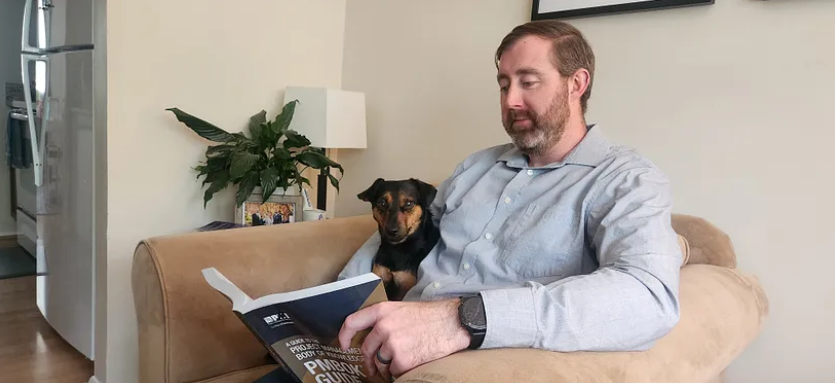
Q: Did you learn anything unexpected or have a surprising takeaway from earning your PMP?
Adam: A lot of what I learned was the appropriate names or proper ways of doing things that I was already doing. The really unexpected thing was how much this would relate to my personal life. I can project manage anything now. That speaks to learning the project manager mindset.
Canden: I completely agree with Adam. I was initially nervous going into studying that I would have to learn a lot of new things. I quickly realized I was already doing many of these practices, but I was able to associate names with them! It was also incredibly rewarding to take new methodologies I learned and apply them to improve our team’s processes.
Q: What advice would you give to a colleague thinking about earning a PMP?
Adam: You must be serious about it and really want it. It is a significant time and brainpower commitment. I think the most effective way to study is to try and relate whatever you studied that day or the day before to your current work so you’re using and incorporating everything you learn. It helped me remember a lot more than just memorization or practice questions.
Canden: The PMP certification really does distinguish you from others in the field, and it’s often even preferred or required for certain project management roles. Earning the certification, along with joining PMI, connects you to a global community, providing continuous learning opportunities and boosting your confidence in leading complex projects and teams throughout your career. Like Adam said, be ready to invest time and effort into this process: it’s not a quick or easy certification to obtain. Use the time to deeply understand the principles and best practices of project management. Doing so will undoubtedly make you a better project manager.
From the entire team at DCG: Congratulations to Adam and Canden on their achievement!
Dedication to Certification: DCGers Adam and Canden Earn Their PMPs was originally published in DCG Life on Medium, where people are continuing the conversation by highlighting and responding to this story.
